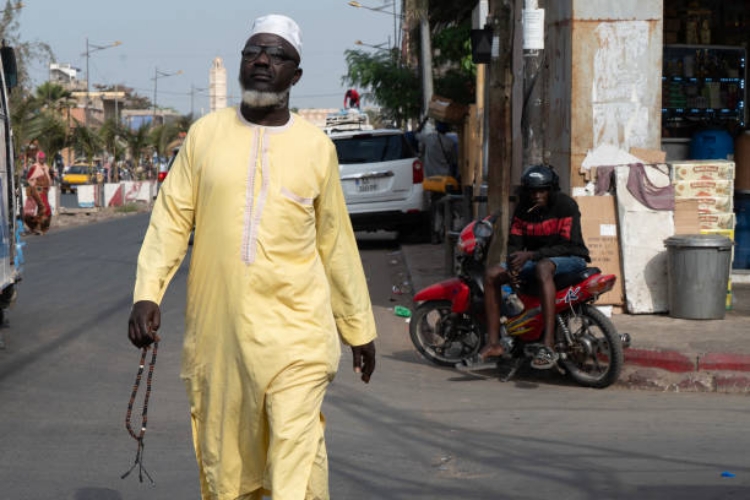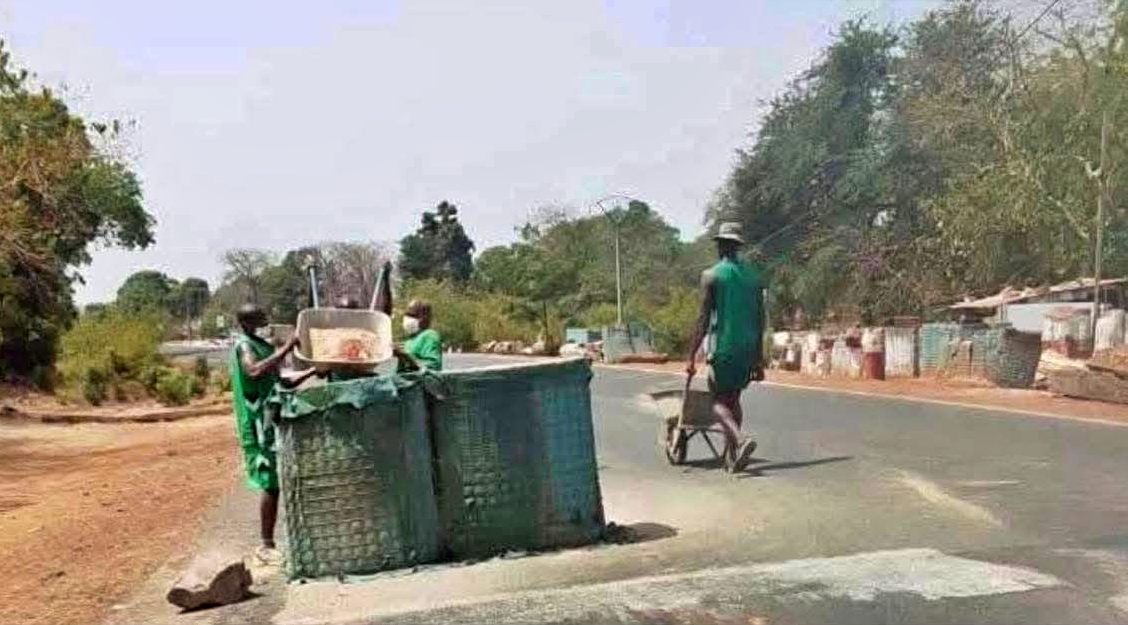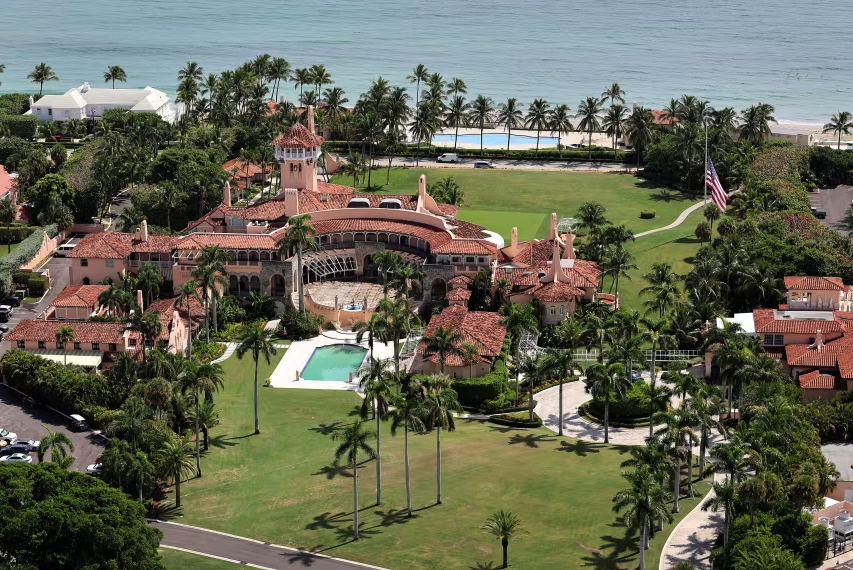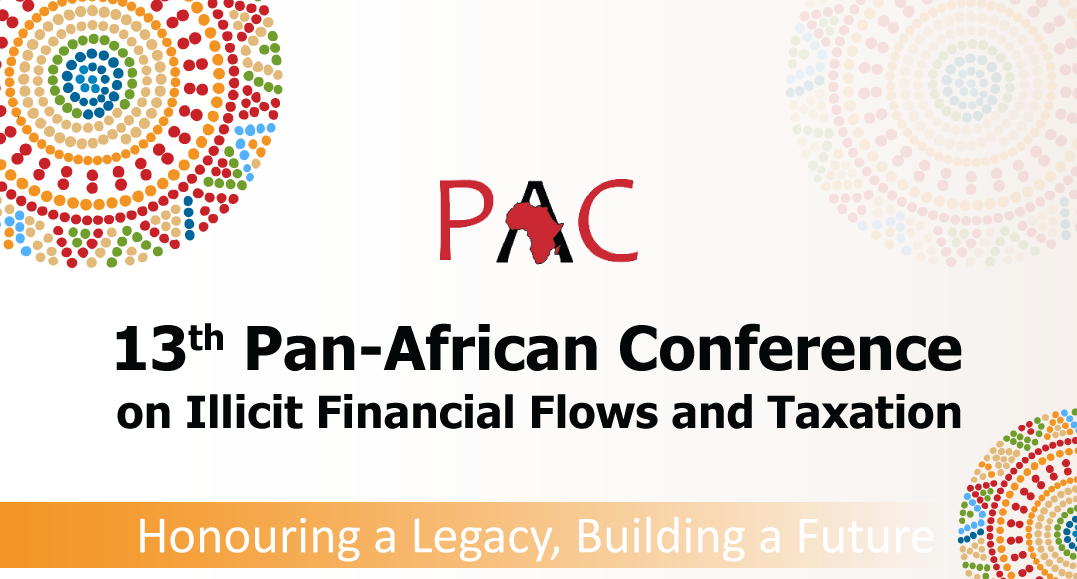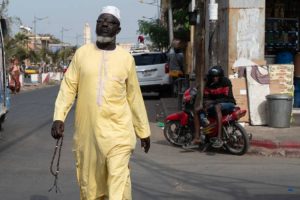Gambiaj.com – (BANJUL, The Gambia) – African leaders, policymakers, and tax justice advocates converged in Johannesburg for the 13th Pan-African Conference (PAC) on Illicit Financial Flows (IFFs) and Taxation, ending this Thursday. The gathering came at a pivotal moment, as the continent grapples with mounting debt, limited fiscal space, and pressing development needs.
The conference is jointly convened by the Tax Justice Network Africa (TJNA), the African Union Commission (AUC), the African Tax Administration Forum (ATAF), International Development Economics Associates (IDEAS), the United Nations Economic Commission for Africa (UNECA), and the Economic Justice Network (EJN).
Organizers say the goal is to mobilize domestic resources, curb illicit financial flows, and reinforce Africa’s economic sovereignty.
Reflecting on the report’s impact, President Mbeki said, “When the High-Level Panel submitted its report in 2015, we sought to make visible what had for too long been hidden—the massive hemorrhaging of Africa’s resources through illicit financial flows. A decade later, the conversation is more urgent than ever. We need champions across the continent to drive the Panel’s recommendations, strengthen institutions, and ensure Africa’s wealth works for its people.”
Echoing this call, Ms. Chenai Mukumba, Executive Director of TJNA, stressed that despite awareness and advocacy gains, IFFs still undermine Africa’s ability to finance its own development. She urged bold political leadership and accountability to turn commitments into tangible action.
Ms. Mary Baine, Executive Secretary of ATAF, highlighted the global tax reform landscape, noting that initiatives such as the OECD Inclusive Framework and its Two-Pillar Solution have yet to deliver fair profit allocation to African countries. She welcomed African advocacy for a more inclusive global tax dialogue under the UN framework.
For the African Union Commission, the message is clear. Dr. Patrick Ndzana Olomo, Acting Director for Economic Development, Integration, and Trade, described the fight against IFFs as part of a “transformative shift” toward inclusive action. “If we want to finance our own development, we must tackle IFFs across the continent and mobilize our domestic resources. Africa has the resources; what we need now is the political will,” he said.
The Johannesburg meeting has drawn policymakers, tax administrators, academics, civil society, and development partners.
PAC 2025 also coincides with the tenth anniversary of the landmark High-Level Panel (HLP) Report on Illicit Financial Flows, chaired by former South African President Thabo Mbeki. The 2015 report exposed the staggering scale of Africa’s resource drain through illicit capital flight and called for stronger global and regional action.
Discussions focus on leveraging technology in tax administration, navigating evolving global tax rules, and developing regional strategies to combat IFFs while enhancing domestic resource mobilization.
Organizers say the 2025 conference will set the tone for a renewed African agenda on tax justice, financial integrity, and sustainable development.



